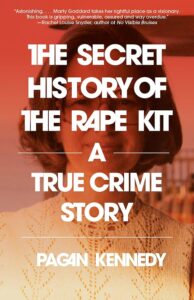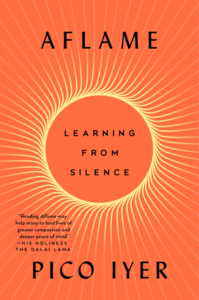What Should You Read Next? Here Are the Best Reviewed Books of the Week
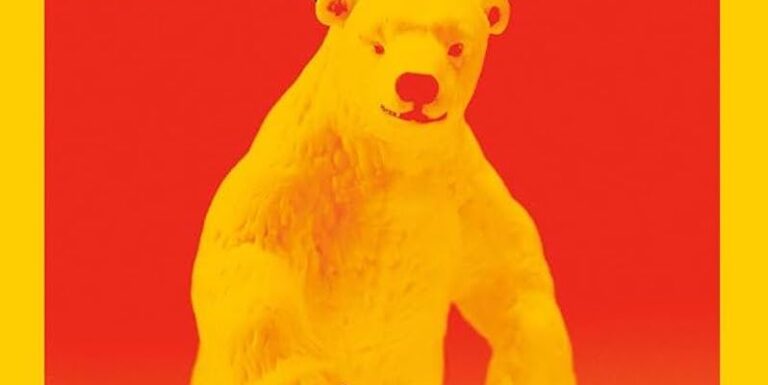
Aria Aber’s Good Girl, Colette Shade’s Y2K: How the 2000s Became Everything, and Pico Iyer’s Aflame all feature among the best reviewed books of the week.
Brought to you by Book Marks, Lit Hub’s home for book reviews.
*
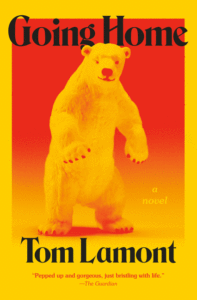
1. Going Home by Tom Lamont
(Knopf)
6 Rave • 3 Positive • 1 Mixed
“Lamont crafts a wholly engaging and frequently affecting tale about friendship, fatherhood, family ties, and finding the ability to love unconditionally … A sure-footed first novel but it is not without the odd misstep. Some of Lamont’s scene-setting descriptions are overlong … Fortunately, these quibbles are few and far between. Lamont…impresses on various levels. There are sharp observations on everything from London life to the relentless grind of child care … Lamont shows himself to be a writer of great promise.”
–Malcolm Forbes (The Boston Globe)
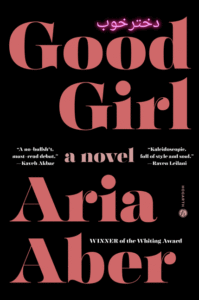
2. Good Girl by Aria Aber
(Hogarth)
3 Rave • 1 Positive • 5 Mixed
Read an excerpt from Good Girl here
“Exhilarating … It’s thrilling to see her turn major poetic gifts toward the sweep of this Künstlerroman, the story of a young woman becoming other than she used to be. While reading Good Girl, I thought of James Baldwin, writing in a letter that ‘the place in which I’ll fit will not exist until I make it.’ With her novel, Aber has made the world more spacious: More people will find a place to fit.”
–R.O. Kwon (The New York Times Book Review)
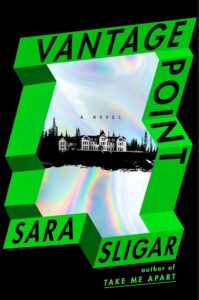
3. Vantage Point by Sara Sligar
(MCD)
1 Rave • 3 Positive • 1 Mixed
Read Sara Sligar on her favorite tech thrillers here
“Superbly dark … Delivers an immersive, urgent drama reminding readers that sometimes it’s the ones who seem the most broken that are the strongest.”
–Shahina Piyarali (Shelf Awareness)
**
1. The Secret History of the Rape Kit: A True Crime Story by Pagan Kennedy
(Knopf)
4 Rave • 4 Positive • 1 Mixed
“Kennedy follows Goddard’s trajectory, which is a fascinating story in and of itself, but she goes beyond the inventor as well. She writes about just how broken the system for reporting sexual assault remains, and how victims were and still are often undermined, deemed untrustworthy or incapable of making sound judgments … a relatively slender book, but it packs a punch. It’s an important investigation of a complex inventor, her flawed but revolutionary technology, and how it has never been allowed to live up to her hopes for it.”
–Ilana Masad (The Washington Post)
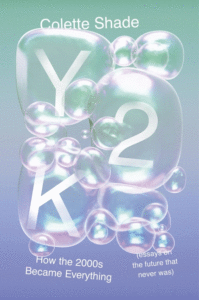
2. Y2K: : How the 2000s Became Everything (Essays on the Future That Never Was) by Colette Shade
(Day Street Books)
5 Rave • 1 Positive
“Shade’s approach oscillates between her personal experiences, narratives about contemporaneous brands and fads and figures, and her trenchant commentary, resulting in essays on subjects that range from the rise of the internet to globalization, climate change, fashion, Starbucks and hip-hop … Shade renders her personal struggles as well, which show admirable fortitude … Shade is a deft and dexterous writer, emotionally intelligent and authoritative. Y2K is her first book, but I hope, for literature’s future at least, that it won’t be her last.”
–Jonathan Russell Clark (The Washington Post)
3. Aflame: Learning From Science by Pico Iyer
(Riverhead)
3 Rave • 2 Positive
“Less a narrative per se than a set of riffs, of traces, each distinct but also joined at a layer underneath the surface of the text. If this is the case with all literature, all art—which is, after all, essentially reflective of its creators’ fascinations and fixations—it is also harder than it looks … Building a volume out of his own loose notes from three decades of practicing silence, one that eschews resolution as an aim.”
–David L. Ulin (Alta)

